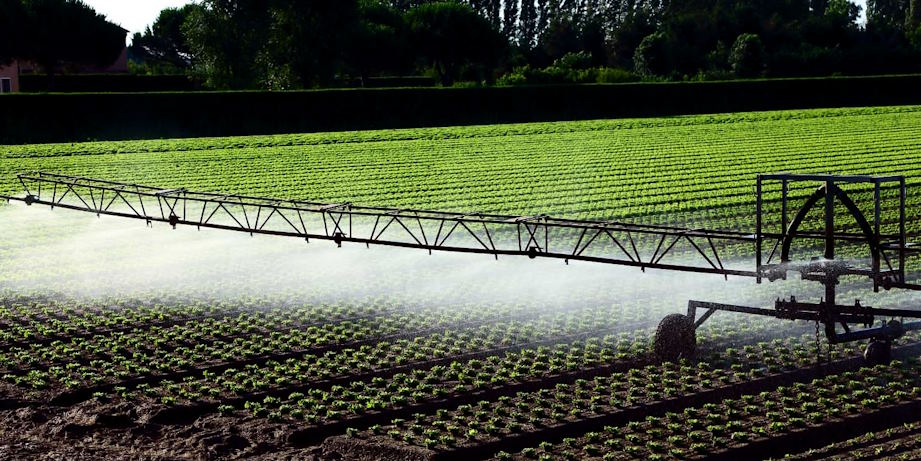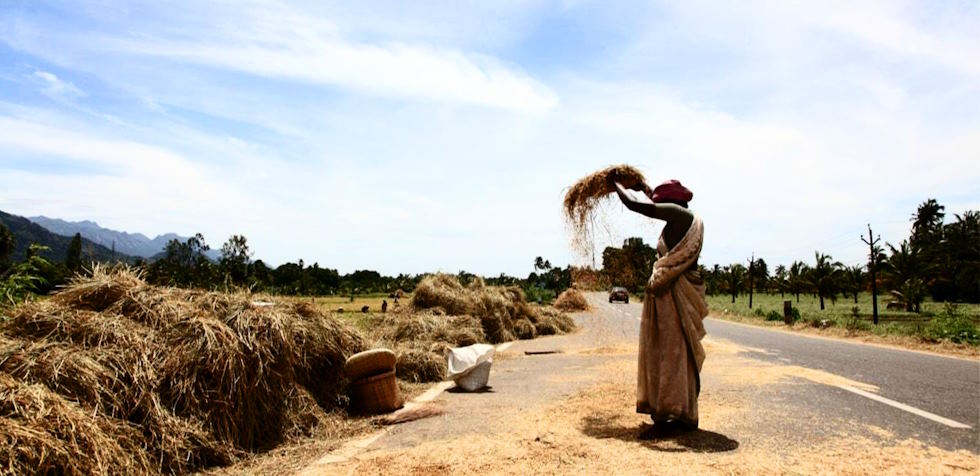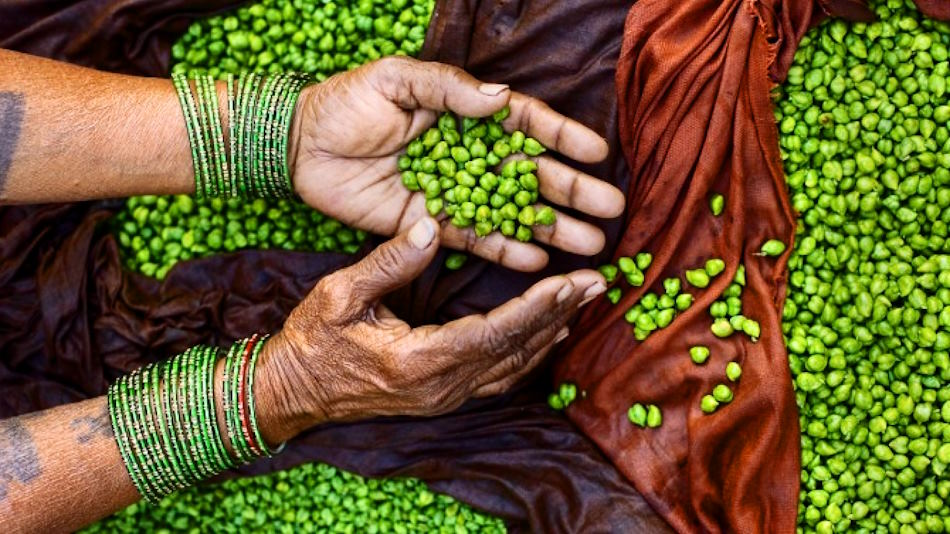In a nation plagued by the persistent challenge of hunger, sustainable agriculture emerges as a beacon of hope for India. With a population of over 1.3 billion people, the issue of food insecurity looms large, affecting millions and hindering socio-economic progress. However, by embracing sustainable farming practices, India can unlock a key solution to combat hunger and malnutrition. Sustainable agriculture offers a holistic approach that not only increases food production but also preserves natural resources, builds resilience to climate change, and fosters rural livelihoods.
Advantages of sustainable agriculture for addressing hunger in India
Increased food production and improved food security
One of the primary advantages of sustainable agriculture is its ability to enhance food production and ensure improved food security. By adopting sustainable farming practices, such as organic farming, agroforestry, and crop rotation, farmers can maximize their yields while minimizing the negative impact on the environment. These practices focus on maintaining soil fertility, reducing dependence on chemical fertilizers and pesticides, and promoting biodiversity. As a result, the productivity of agricultural land increases over time, providing a stable and consistent food supply to meet the demands of a growing population. Sustainable agriculture also encourages the cultivation of a diverse range of crops, reducing the reliance on a single staple and diversifying the food options available to communities.
Preservation and enhancement of natural resources
Sustainable agriculture prioritizes the preservation and enhancement of natural resources, such as soil, water, and biodiversity. By implementing techniques like conservation tillage, terracing, and agroforestry, farmers can prevent soil erosion, improve soil health, and retain moisture, even in regions prone to drought. Additionally, sustainable agriculture promotes the efficient use of water through practices like drip irrigation and rainwater harvesting, reducing water wastage and ensuring its availability for both agricultural and domestic purposes. By safeguarding these essential resources, sustainable agriculture creates a foundation for long-term food production and environmental sustainability.

Resilience to climate change and extreme weather events
In a country like India, vulnerable to the impacts of climate change and extreme weather events, sustainable agriculture plays a crucial role in building resilience. Climate-smart practices, such as crop diversification, agroforestry, and the use of climate-resilient crop varieties, help farmers adapt to changing weather patterns, including erratic rainfall and temperature fluctuations. By implementing sustainable farming techniques, farmers can mitigate the risks posed by climate change, minimize crop losses, and maintain stable yields, ensuring a steady supply of food even in challenging conditions. This resilience not only safeguards against hunger but also protects the livelihoods of millions of farmers who rely on agriculture for their income.
Promotion of rural livelihoods and economic growth
Sustainable agriculture acts as a catalyst for rural livelihoods and economic growth in India. By incorporating sustainable practices, farmers can not only send money from France to India, but also reduce their production costs, enhance the quality of their produce, and gain access to premium markets that prioritize environmentally friendly and socially responsible farming methods. This, in turn, enhances their income and economic stability. Moreover, sustainable agriculture often involves the integration of livestock and poultry, providing additional income streams for farmers. By promoting agro-based industries and value-addition, sustainable agriculture creates employment opportunities in rural areas, contributing to overall economic development.
Successful initiatives promoting sustainable agriculture in India
Case studies of sustainable farming practices implemented in different regions
Across India, several inspiring case studies demonstrate the effectiveness of sustainable farming practices in promoting food security and environmental stewardship. In the southern state of Karnataka, for instance, the “Zero Budget Natural Farming” (ZBNF) initiative has gained significant attention. ZBNF emphasizes the use of indigenous seeds, organic fertilizers, and natural pest control methods, enabling farmers to reduce their input costs while achieving higher yields. Similarly, in the northern state of Himachal Pradesh, the “Prakritik Kheti Khushal Kisan” project focuses on organic farming and the cultivation of traditional crop varieties. The project has led to increased incomes for farmers and enhanced biodiversity in the region.

Government programs and policies supporting sustainable agriculture
The Indian government has recognized the importance of sustainable agriculture and has implemented various programs and policies to support its adoption. The “Paramparagat Krishi Vikas Yojana” (PKVY), launched by the Ministry of Agriculture and Farmers’ Welfare, promotes organic farming by providing financial assistance and technical support to farmers. Additionally, the “Rashtriya Krishi Vikas Yojana” (RKVY) supports sustainable agriculture through initiatives such as water conservation, soil health management, and the promotion of climate-resilient farming practices. These government programs not only incentivize farmers to embrace sustainable practices but also create awareness and provide necessary resources for their implementation.
Role of non-governmental organizations and community-based initiatives
Non-governmental organizations (NGOs) and community-based initiatives play a crucial role in promoting and implementing sustainable agriculture practices in India. Organizations like “Navdanya” have been instrumental in promoting organic farming and conserving traditional seeds. They provide training and support to farmers, establish seed banks, and create market linkages for organic produce. Community-led initiatives, such as “Farmers’ Producer Organizations” (FPOs), bring together farmers to collectively adopt sustainable practices, share knowledge, and market their produce effectively. These initiatives empower farmers, enhance their livelihoods, and contribute to sustainable agricultural development at the grassroots level.


